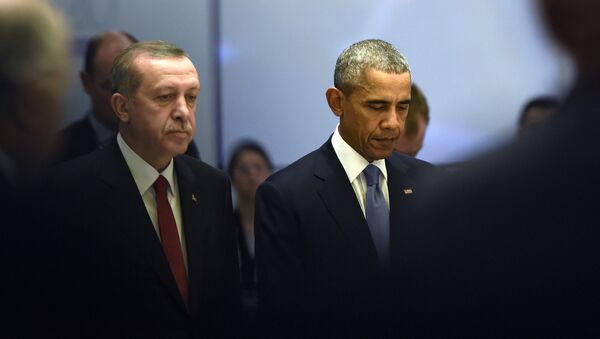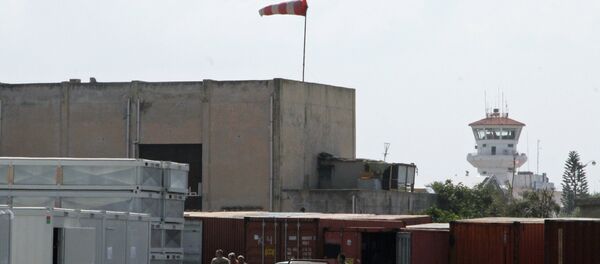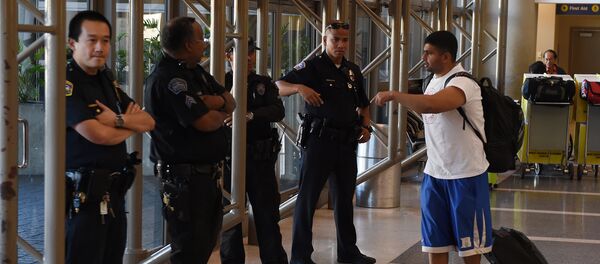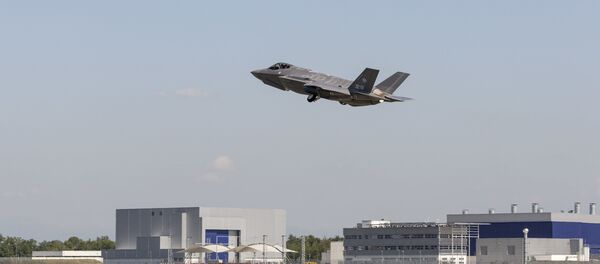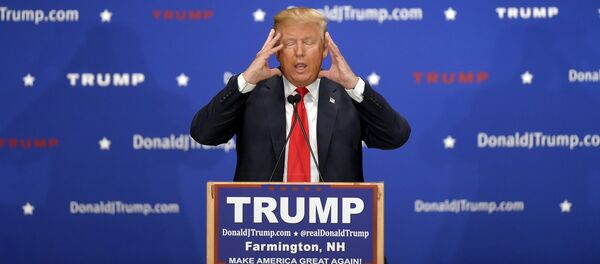On Tuesday, Islamist rebels shot down a Syrian plane, the second such incident in less than a month, and captured the pilots. Inquiries are being made at the highest level as to how the al-Nusra Front, a branch of al-Qaeda in Syria, has come into possession of advanced Western surface-to-air missiles.
Loud & Clear’s Brian Becker sat down with Institute of Islamic Thought director Zafar Bangash on Thursday to discuss the developing situation in Syria and whether access to this weaponry will undermine Syrian air superiority.
Where are al-Qaeda affiliates getting these advanced weapons?
"According to the information that has emerged, it was al-Nusra Front, a branch of al-Qaeda in Syria," explained Bangash. He speculated that the missiles were sold to the extremist group by Turkey and paid for by Saudi Arabia, in a continuing effort to overthrow the Assad regime. He suggested that the Americans have a hand in it as well, saying, "the United States has always been involved in providing these weapons, even if not directly."
The plane shot down on Tuesday was over Aleppo, an al-Nusra and Daesh stronghold. Why is that significant?
"Aleppo is the only major city that has been under the control of al-Nusra or Daesh," explained Bangash. "The Syrian Army was making progress along with Hezbollah fighters and Iran’s revolutionary guards backed by the Russian Air Force and have been inching towards Aleppo."
Bangash elaborated that the capture of Aleppo by rebel forces is significant, due to it being the largest city in Syria, and formerly the country’s financial hub. "It is even larger than Damascus, so obviously the terrorist groups and their backers will put up a tough fight not to lose it," said Bangash.
Does terrorist access to anti-aircraft technology deprive the Syrian army of air supremacy?
"Not completely. I don’t think it will prove a game-changer because Russia is still there," said Bangash. "These terrorists can cause some damage and some threat to the Syrian air force, and I am sure that the Syrian air force will change their tactics."
Nonetheless, Russia’s continued presence in the fight against extremist militants will continue to keep rebel groups on their heels as allied forces march towards Aleppo. "Russian air force planes carried out a number of operations last week," said Bangash. "Further, per the ceasefire agreement between Russia and the US, the terrorist groups were specifically excluded from the ceasefire, so Russia has no obligation whatsoever to avoid attacking these groups."
Has the US presence in Syria benefitted the extremist organizations?
“Yes,” said Bangash who explained that, since 2005, the Americans along with Saudi Arabia and Turkey have had their eyes on ousting Assad from controlling Syria. "If the Syrian people don’t want Assad, that is for the Syrian people to decide, it isn’t for the United States or any other country to decide."
He said that he "thinks it is very clear that the US wants to bring down the government of Bashar al-Assad, and that is why the Americans are talking about increasing their special forces in Syria." Bangash said that the US presence has never been welcomed by the Syrian government. "They have not been given permission by the Syrian government and that is in violation of international law and the UN Charter."
In contrast, Bangash says that the Russian government came in to maintain the stability of the current Syrian regime, and prevent the country from becoming a failed state, similar to Libya following the ouster of Muammar Gadhafi. "Russia went there with permission of the legitimate government, but the US is there illegally," he stressed.

